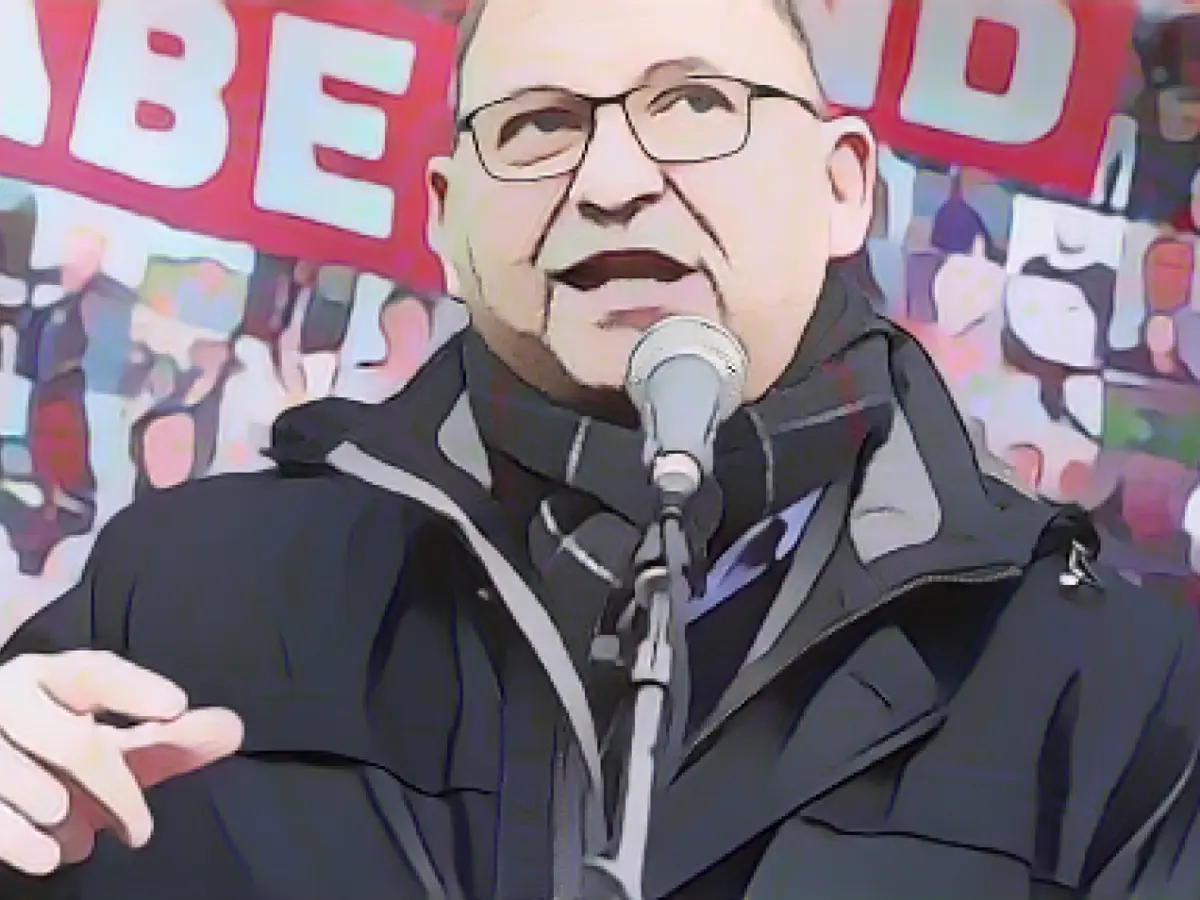Government Employee Pay Disputes Bring Tension to Negotiation Table
Struggles over wages for government employees in various federal states have resulted in intense negotiations and possible labor strikes, with one million workers directly impacted. Employer representatives and union leaders met in Potsdam for the potential conclusion of these negotiations, although a breakthrough remains uncertain. Here's a recap of the main concerns and potential outcomes, mixing enrichment insights sparingly for added context:
Who is involved in the negotiations?
The negotiations extend to federal state employees, including teachers, nurses, doctors, and administrators, comprising approximately one million individuals. The unions Verdi and dbb are involved in these discussions. Hesse, however, is not part of the Collective Bargaining Association of German States (TdL) and is therefore not a participant in the talks.
What are the unions demanding?
The unions are seeking a 10.5 percent increase in wages, with a minimum of 500 euros more for junior employees. Additionally, wages for city-state employees in Berlin, Hamburg, and Bremen should receive a 300 euro bonus. The primary reason for this demand is the high inflation rates over recent months, which should compensate for real wage losses.
What influence does the budget crisis have on the negotiations?
Employers claim the budget crisis is restricting their financial options. The chair of the TdL, Finance Senator Andreas Dressel (SPD) from Hamburg, estimates that accepting all union demands in full would cost 20.7 billion euros. Dressel also believes that the impact of the Karlsruhe budget ruling could result in a significant reduction in funds available to the federal states. This decrease in funds could limit the scope for distributing resources.
What is the focus of the negotiations?
The negotiations revolve around the structure of potential wage increases, one-off payouts, and the significance of city-state bonuses. The federal states do not agree with the demand for a city-state bonus for Berlin, Hamburg, and Bremen, as the costs could create new problems as there are other expensive metropolitan areas in the country.
What scenerios may unfold during the negotiations?
All sides believe an agreement could be reached in Potsdam by Friday or, more likely, Saturday. However, others fear high costs and are imposing breaks on the negotiations. Some state finance ministers have expressed willingness to reach an agreement, but others remain concerned about the financial implications. If the negotiations fail, further rounds of talks may be required, potentially extending into the new year, with the possibility of ballots and forced strikes.
Additional Insights:
- The negotiations in Potsdam include representatives from the United Services Union and employers, with unions Verdi and dbb advocating for improvements in wages and working conditions.
- Frank Werneke, the head of Verdi, recognizes and applauds the enthusiasm and participation of state employees in protests and demonstrations while engaged in union negotiations.
- The collective bargaining period is a critical demand of the unions, as they are requesting a 12-month agreement.
- Berlin, Hamburg, and Bremen, part of the Collective Bargaining Association of German States (TdL), are involved in negotiations over wage adjustments, affecting various public services, including daycare centers and healthcare facilities.
- If the negotiations in Potsdam fail, union leaders like Frank Werneke have announced the possibility of further warning strikes, potentially impacting public services nationwide, including transportation, waste collection, and health care services.
- The civil service association in Hesse is not participating in the talks as the state is not part of the TdL collective bargaining association.
As the negotiations continue, tension and uncertainty remain. Both negotiating parties will need to consider the financial implications and potential impact on public services before reaching a consensus. It is crucial to maintain stability and avoid further disruptions to the lives of millions of state employees affected by these wage disputes.








